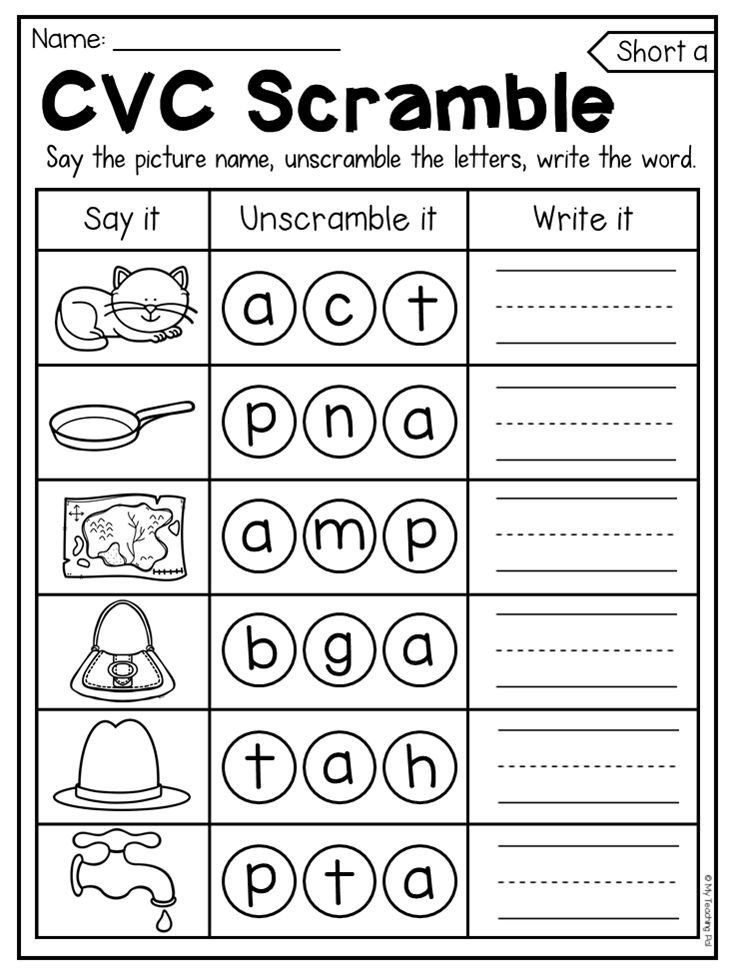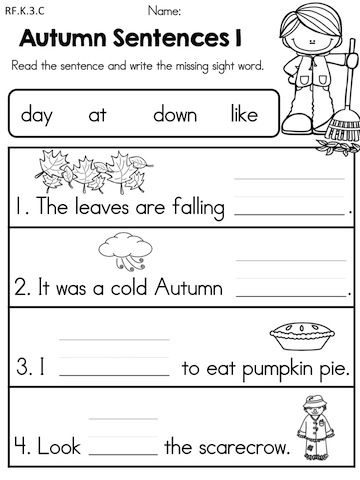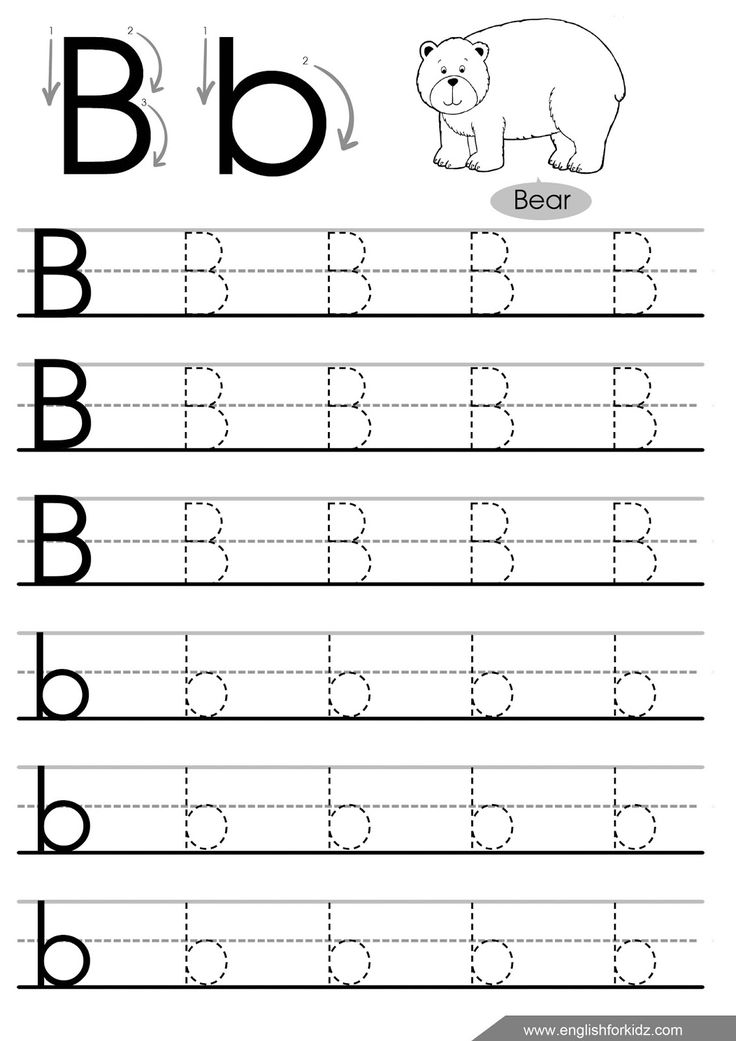The parents we mean to be
The Parents We Mean to Be
Lecturer Richard Weissbourd's latest book, released this week, will likely catch parents' attention. In The Parents We Mean to Be: How Well-Intentioned Adults Undermine Children's Moral and Emotional Development, Weissbourd examines how, despite parents' best efforts to do what's best for their children, something is still missing. When parents are spending a considerable amount of time and money focusing on their children's happiness, success, and well-being, can they potentially be causing more harm than good?
Q. Why should we be concerned about well-intentioned parents?
A: We often focus on the small number of parents who have clearly lost their moral compasses. But the problem is much larger. Lots of us, in ways that we tend not to be aware of, can imperil our kids' moral development. Our research uncovered, for example, that many parents are narrowly focused on their children's happiness and believe that happiness and self-esteem are at the root of morality.
We may be the first generation of parents in history who hold that belief. We think that a child who feels good -- and who feels good about herself -- is more likely to be good. Historically, parents have thought that suffering, burdens, and sacrifices were an important basis of morality -- that through suffering children learned empathy. And in many day-to-day ways, we as parents place our children's happiness above their caring about others. We are too quick to let our kids write off friends they find annoying. We fail to insist that they return phone calls from friends, or give credit to other children for their achievements, or reach out to friendless children at the playground. Or we fail to interrupt our children when they talk too much when they're around other kids or adults.
Q. How can the pressure to achieve damage moral development?
A: We've all heard stories about out-of-control parents driving their children to achieve. We interviewed the parents of one high school junior in a school outside New York City who had set up a vocational school in South America so that their daughter could write in her college application that she had started a school in a developing country.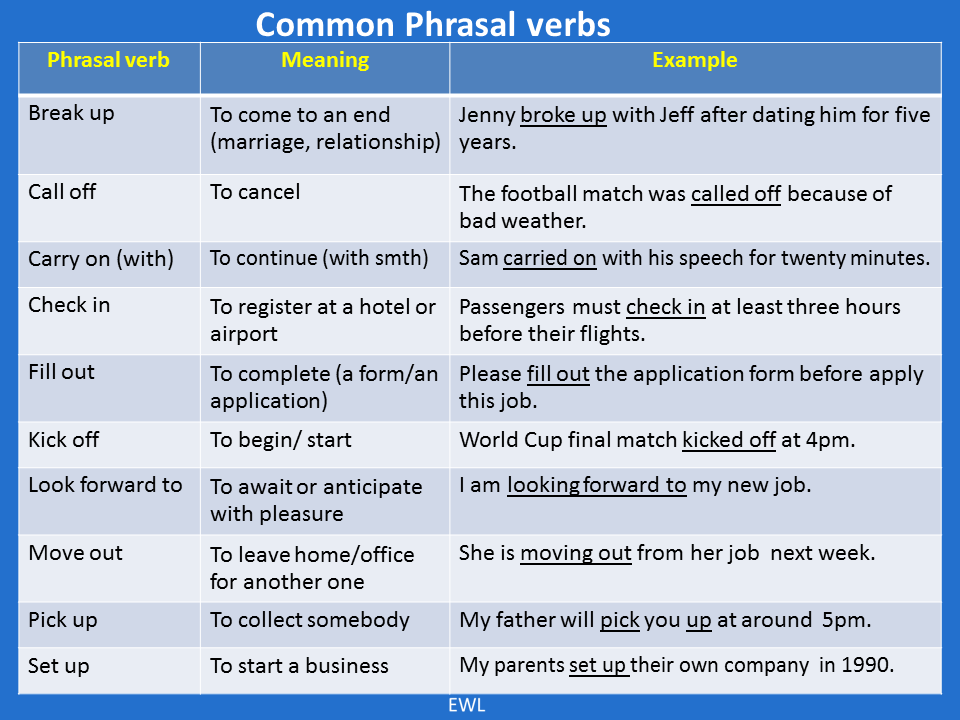 But the bigger problem is more subtle. Many of us have unacknowledged fears about our children not achieving at a high level. And because of these unrecognized fears, many of us are quietly organizing our children's lives around achievement and sending inconsistent and hypocritical messages to our kids. The kids we interviewed talked about these hypocrisies. Kids would point out, for instance, that their parents would tell them they don't care how much they achieve and then pay jaw-dropping amounts of money for SAT-prep courses. When parents tell teenagers to achieve at a high level so they "can have options," teenagers sniff out that their parents are talking only about certain options -- it's not really okay for them to be beauticians or firefighters, for example. These hypocrisies undermine us as moral mentors. We should make achievement for our children one theme in the larger composition of a life, and we need to understand our own feelings better so we can have more authentic conversations with our children about their achievements.
But the bigger problem is more subtle. Many of us have unacknowledged fears about our children not achieving at a high level. And because of these unrecognized fears, many of us are quietly organizing our children's lives around achievement and sending inconsistent and hypocritical messages to our kids. The kids we interviewed talked about these hypocrisies. Kids would point out, for instance, that their parents would tell them they don't care how much they achieve and then pay jaw-dropping amounts of money for SAT-prep courses. When parents tell teenagers to achieve at a high level so they "can have options," teenagers sniff out that their parents are talking only about certain options -- it's not really okay for them to be beauticians or firefighters, for example. These hypocrisies undermine us as moral mentors. We should make achievement for our children one theme in the larger composition of a life, and we need to understand our own feelings better so we can have more authentic conversations with our children about their achievements.
Q: Why do you think it is risky for parents to be too close to their children?
A: On the whole, I think it's great that more parents want to be close to their kids. What concerns me is that some parents, based on their own needs, come to idealize their kids and their relationships with their kids. I have talked to parents who find in their relationships with young children exactly what they have always craved: another human being who gives them undivided attention, who overlooks or easily forgives their flaws, who is entirely reliable and trustworthy -- and they come to worship and depend on their kids for emotional sustenance. But this kind of idealization makes it hard for parents to discipline their kids, and for kids to idealize their parents. Yet children idealizing parents is key to children adopting parents' values. Such parents also have a great deal of trouble separating from their kids in adolescence and nurturing their children's independence, with damaging consequences for children's emotional and moral development.
Q: What should we do to raise moral children?
A: Morality is comprised of many attributes -- courage, honesty, kindness, a sense of justice, moral reasoning, etc. -- and there are many different ways that adults can promote these qualities. We can model appropriate moral behavior, help our children register kindness and unkindness in the world around them, define clearly their responsibilities toward others, listen responsively to their moral dilemmas and questions, hold them to high moral standards, and develop in them from an early age the habit of attending to and caring about others. We can do much more to emphasize kindness rather than happiness -- rather than telling our kids all the time that the most important thing is that they're happy, it wouldn't hurt to tell them that the most important thing is that they're kind. But if I could give just one piece of advice to adults, it would be to focus not on children's happiness or self-esteem but on their maturity.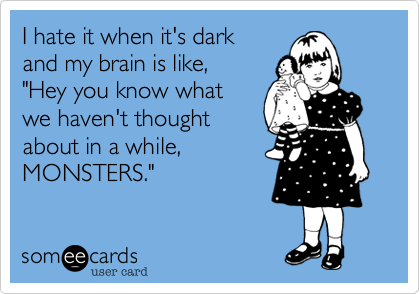 Maturity, including the ability to manage destructive feelings, to balance and coordinate our needs with those of others, to receive feedback constructively, to be reflective and self-critical -- to fairly and generously assess our behavior is the basis of both morality and lasting well-being. It is these capacities that enable children and adults to appreciate others despite conflicts of interest and differences in perspective, to adhere to important principles and to engage in sturdy, meaningful relationships and endeavors that create lasting self-worth.
Maturity, including the ability to manage destructive feelings, to balance and coordinate our needs with those of others, to receive feedback constructively, to be reflective and self-critical -- to fairly and generously assess our behavior is the basis of both morality and lasting well-being. It is these capacities that enable children and adults to appreciate others despite conflicts of interest and differences in perspective, to adhere to important principles and to engage in sturdy, meaningful relationships and endeavors that create lasting self-worth.
The Parents We Mean To Be: How Well-Intentioned Adults Undermine Children's Moral and Emotional Development by Richard Weissbourd, Paperback
Add to Wishlist
English 0547248032
14.95 In Stock
A wake-up call for a national crisis in parenting—and a deeply helpful book for those who want to see their own behaviors as parents with the greatest possible clarity.Harvard psychologist Richard Weissbourd argues incisively that parents—not peers, not television—are the primary shapers of their children’s moral lives.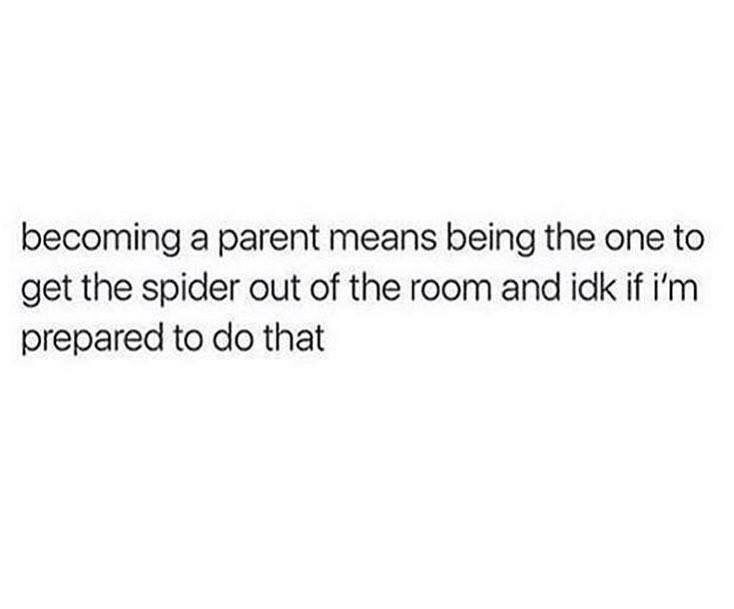 And yet, it is parents’ lack of self-awareness and confused priorities that are dangerously undermining children’s development.Through the author’s own original field research, including hundreds of rich, revealing conversations with children, parents, teachers, and coaches, a surprising picture emerges. Parents’ intense focus on their children’s happiness is turning many children into self-involved, fragile conformists.The suddenly widespread desire of parents to be closer to their children—a heartening trend in many ways—often undercuts kids’ morality. Our fixation with being great parents—and our need for our children to reflect that greatness—can actually make them feel ashamed for failing to measure up. Finally, parents’ interactions with coaches and teachers—and coaches’ and teachers’ interactions with children—are critical arenas for nurturing, or eroding, children’s moral lives.Weissbourd’s ultimately compassionate message—based on compelling new research—is that the intense, crisis-filled, and profoundly joyous process of raising a child can be a powerful force for our own moral development.
And yet, it is parents’ lack of self-awareness and confused priorities that are dangerously undermining children’s development.Through the author’s own original field research, including hundreds of rich, revealing conversations with children, parents, teachers, and coaches, a surprising picture emerges. Parents’ intense focus on their children’s happiness is turning many children into self-involved, fragile conformists.The suddenly widespread desire of parents to be closer to their children—a heartening trend in many ways—often undercuts kids’ morality. Our fixation with being great parents—and our need for our children to reflect that greatness—can actually make them feel ashamed for failing to measure up. Finally, parents’ interactions with coaches and teachers—and coaches’ and teachers’ interactions with children—are critical arenas for nurturing, or eroding, children’s moral lives.Weissbourd’s ultimately compassionate message—based on compelling new research—is that the intense, crisis-filled, and profoundly joyous process of raising a child can be a powerful force for our own moral development.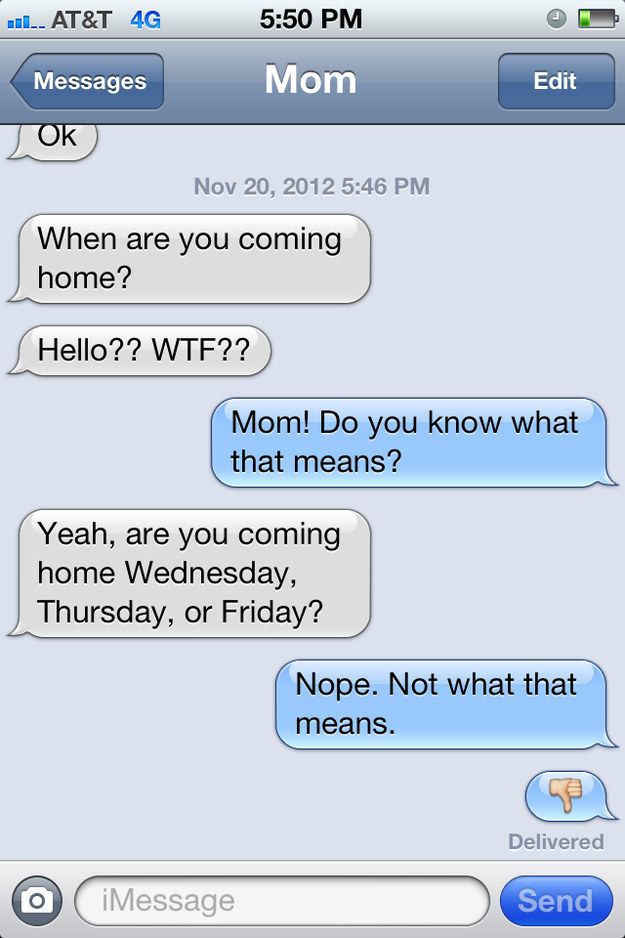
Related collections and offers
Product Details
| ISBN-13: | 9780547248035 |
|---|---|
| Publisher: | HarperCollins Publishers |
| Publication date: | 09/03/2010 |
| Pages: | 241 |
| Product dimensions: | 5.20(w) x 7.90(h) x 0.70(d) |
About the Author
RICHARD WEISSBOURD is a child and family psychologist on the faculty of Harvard’s School of Education and Kennedy School of Government. His writing has appeared in the New York Times, Boston Globe, and Chicago Tribune. Weissbourd is the author of The Vulnerable Child, named by the American School Board Journal as one of the top ten educational books of all time.
Table of Contents
Acknowledgments vii
A Note on Methods xi
Introduction 1
1 Helping Children Manage Destructive Emotions 9
2 Promoting Happiness and Morality 37
3 The Real Danger in the Achievement Craze 61
4 When Being Close to Children Backfires 81
5 Moral Adults: Moral Children 99
6 The Real Moral Power of Schools 115
7 The Morally Mature Sports Parent 137
8 Cultivating Mature Idealism in Young People 165
9 Key Moral Strengths of Children Across Race and Culture 177
Conclusion: Moral Communities 195
Notes 207
Index 229
Customer Reviews
Five phrases parents use to ruin your life
Parents all over the world have a frighteningly similar vocabulary when they criticize their children.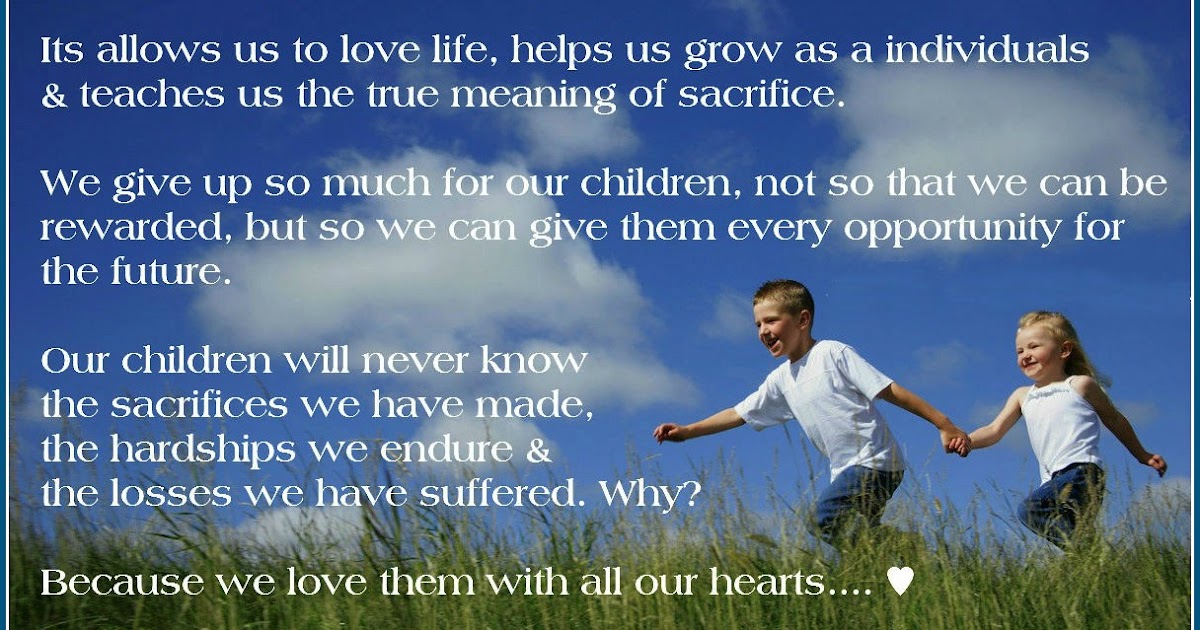 Some of their phrases remain with us forever, interfering with life. See if there are any among them that are still sitting in your memory.
Some of their phrases remain with us forever, interfering with life. See if there are any among them that are still sitting in your memory.
Website editor
Tags:
Children
Psychology
Women's psychology nine0003
Psychology of Personality
Child psychology
"Hurry up or I'll leave you here", "Why don't you look like your sister?", "Eat your food, the world is full of starving children" - experts believe that these phrases, which a child in any country can hear, spoil our lives not only in childhood.
Turin-based child communication expert Lorenzo Naya says such words are often spoken by parents without much thought about how the child feels when they hear them. Teacher and educator Annalize Falcone believes that every word you say should be taken seriously: “Children read our messages, paying attention to both their tone and content.” nine0003
Teacher and educator Annalize Falcone believes that every word you say should be taken seriously: “Children read our messages, paying attention to both their tone and content.” nine0003
Experts told how the most common phrases that parents around the world use to raise children affect us.
"Why don't you look like your sister? She's such a good guy!"
Falcone believes that the reason for such comparisons is our mentality, which prioritizes productivity and success. “You always have to live up to expectations, be better than others,” she says.
“As a child educator, I keep saying that life is not a competition and that every person is special,” Falcone explains. “This is something that every parent should learn.” Constantly comparing a child to other children can undermine their self-esteem and self-confidence, which are necessary to develop and move on. nine0003
The solution is simple: compare yourself only with yourself, evaluating only your own progress.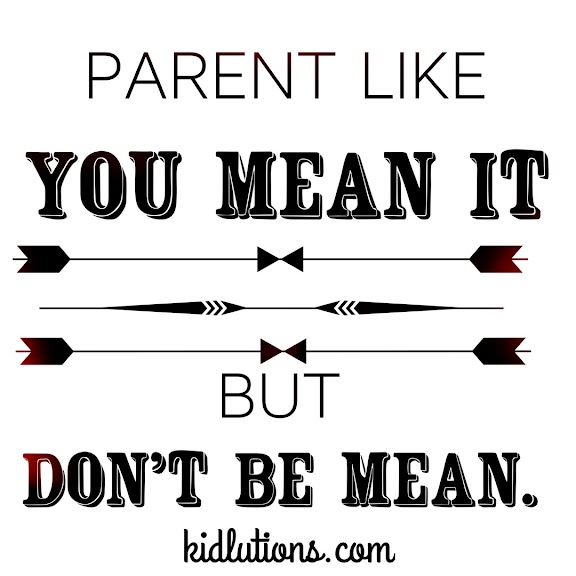 Yesterday I didn’t know how, today I learned. And it doesn’t matter how long ago the “mother’s friend’s daughter” was able to do the same thing - the main thing is that now you have mastered a new skill or achieved your goal.
Yesterday I didn’t know how, today I learned. And it doesn’t matter how long ago the “mother’s friend’s daughter” was able to do the same thing - the main thing is that now you have mastered a new skill or achieved your goal.
"If you misbehave, mom and dad will leave"
Both experts say that children are more afraid of being abandoned than anything in the world - even death. “This fear is innate—so much so that babies often cry just to make sure their caregiver is around,” Naya says. nine0003
Lorenzo believes that children need to know that they can always count on the support of their parents. The child must be sure that even if mom and dad get angry, they will not stop loving and protecting him. And instead of threats, it’s better to use positive constructions: “I’ll give you ten minutes to finish with the swing, and then we’ll go home.” It's also a great way to show your daughter or son what compromise is.
What should you do if you constantly catch yourself thinking: I will be abandoned if I do not behave well? First of all, understand that this is not so: just as once your parents did not plan to leave you alone on the street, so now friends and relatives are not going to break off relations if you do not come to their birthday or refuse the request. nine0003
“If you scream, I won’t buy a toy!”
Parents often say things like that to stop their kids from misbehaving. But, according to Falcone, such phrases are rather a shortcut for adults and do not become a real lesson for children.
Naya recalls that child psychology and pedagogy do not recommend focusing on punishment, because then the child will begin to act under the influence of fear, and not think about his behavior. “Children will try to live up to the expectations of an adult, not understanding why this is necessary,” Falcone adds. nine0003
nine0003
“The same principle applies to rewards,” Naya says. When you say, "If you get an A, I'll buy you a toy," the child will be more focused on the reward than what he's doing."
Both experts believe that parents should always celebrate good and bad behavior, encouraging the former and criticizing the latter. Praise for good deeds will help the child stop and think about what he is being praised for, Naya believes. It is better to use positive constructions - instead of "No computer, since you did not do your homework" say: "As soon as you finish with the lessons, you can play." nine0003
As adults, we may continue to focus on rewards or sanctions. But sometimes it’s better to take a break and think about the process itself: the point is not that you will be scolded for missing the deadline, but why it is important for you and other colleagues to do everything on time.
“Eat your soup, because other children are starving”
Parents often try to turn a specific situation into a global moral lesson.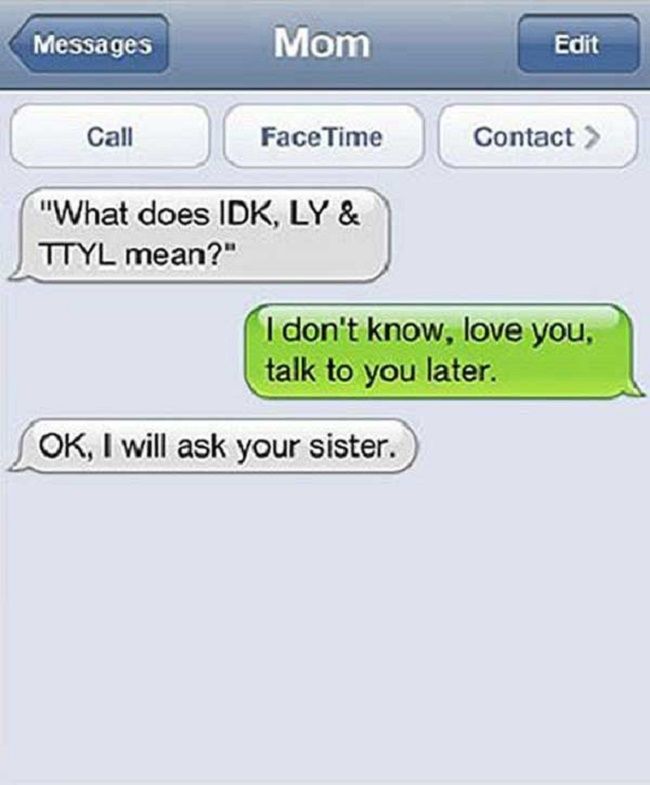 Common phrases are used: "Grow up - you'll figure it out", "You'd better learn now that the world is harsh and unfair." But it is difficult for children to understand what this means - they read the message only as a punishment. nine0003
Common phrases are used: "Grow up - you'll figure it out", "You'd better learn now that the world is harsh and unfair." But it is difficult for children to understand what this means - they read the message only as a punishment. nine0003
“Abstract thinking develops very slowly between the ages of five and 25,” explains Falcone. She advises parents to give their children more specific examples of which situations may be related. For example, with the phrase “Eat your food, other children are starving,” we want to convey the idea that food should not be taken for granted, but by formulating it in this way, we blame the child for events that have nothing to do with him.
Naya advises parents to introduce the concept of morality metaphorically, with the help of fiction: playing, reading, looking at different characters in different situations - all this helps the child develop a sense of empathy. nine0003
If you often find yourself feeling guilty for the strangest reasons, then stop and think: if you eat everything on your plate, will people on the other side of the world stop starving? Do not take responsibility for other people's actions - it only takes away your energy. Yes, and you didn't destroy the chapel either!
Yes, and you didn't destroy the chapel either!
"You're a girl!"
Naya explains that gender roles are arbitrarily determined by the environment: things that are labeled as masculine in one society will be considered feminine in another. However, it is quite difficult for adults to overcome these stereotypes. “Patterns put people at ease. Seeing that the daughter behaves like other girls, we feel like good parents,” Naya says. nine0003
However, the imposition of roles suppresses individuality and harms self-esteem. In raising children, it is better to do without stamps like "young lady" or "little man" and pay attention to what the child likes best.
We often grow up believing that femininity is a set of qualities, and by abandoning them, we betray our own essence. But to think so is a big mistake. Courage and courage are not the prerogative of men, and the ability to take care of children is not sewn into the DNA of women. It is much more important to realize your abilities than to meet other people's expectations. Just skip all the ranting about "female" and "male" past your ears. nine0003
It is much more important to realize your abilities than to meet other people's expectations. Just skip all the ranting about "female" and "male" past your ears. nine0003
Photo: Getty images
10 phrases with which we want to support the child, but only make it worse
your age ... "- we definitely heard these and other phrases from parents, and some of them, by inertia, we say to our children. Psychologist-consultant, specialist in the field of parent-child relations Svetlana Lukka explains what is wrong with these words and offers a non-toxic alternative. nine0003
1. “Just think, exams! I found something to be afraid of!
What the child feels. He sincerely feels anxiety and uncertainty. At this moment, he needs an adult to support him with faith in success, his understanding and sympathy. When a child's feelings are devalued - "what worries you is insignificant" - he feels alone, insecure, and anxiety only intensifies.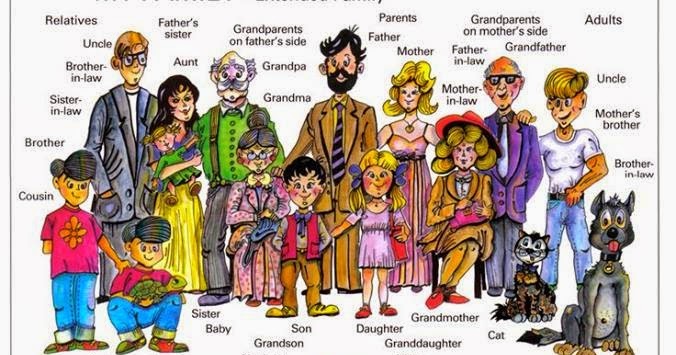
What does it lead to. In order not to regularly fall into a situation of devaluing his feelings, the child begins to hide emotions, thoughts, and then facts. It seems to us, adults, that by devaluing the cause of anxiety, we provide support, but in reality this is perceived as our deafness in relation to his experiences. nine0003
Alternative. “Worried? Yes, I know what you mean. But I believe that you can handle it."
2. “That Vanya is not worth you!”
What the child feels. The first lost love is a tragedy. Real. The child is in pain, life has lost its meaning. The first loss is the hardest. The Vanya that was lost is the best. When parents belittle him in every possible way, they thereby devalue the child's feelings towards this Vanya.
What does it lead to. nine0092 On the one hand, the child moves away from his parents. He believes that at a difficult moment he is not understood and supported by the closest people.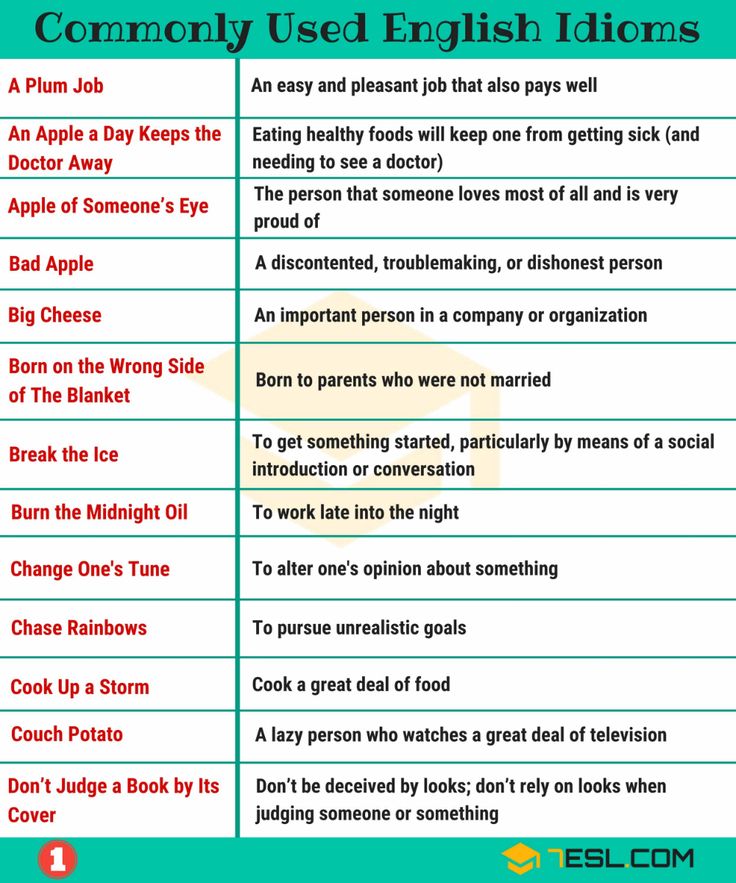 And what's the point of talking to them then? On the other hand, if parents all the time emphasize that the same Vanya (Anna) is stupid and does not understand what kind of treasure he got, the child may decide that Vanya (or Anya) as a fool needs to prove his love. It is from here that the legs of stalkerism, obsession with a former partner and inability to let him go grow. Is it worth saying that all this humiliates a person and does not make him happy? nine0003
And what's the point of talking to them then? On the other hand, if parents all the time emphasize that the same Vanya (Anna) is stupid and does not understand what kind of treasure he got, the child may decide that Vanya (or Anya) as a fool needs to prove his love. It is from here that the legs of stalkerism, obsession with a former partner and inability to let him go grow. Is it worth saying that all this humiliates a person and does not make him happy? nine0003
Alternative . “It's hard for you right now. I understand your pain. But I'm around. And I love you. And Vanya (Anya) is a separate person, he decided to do this not because you are bad (bad). You are good (good), and the best thing you can do now is to respect the decision of this person, his individuality and will. If he changes his mind, you'll be the first to know."
3. “Everyone did well except you. All because of your inattention!”
What the child feels. nine0092 He is already feeling bad in the current situation.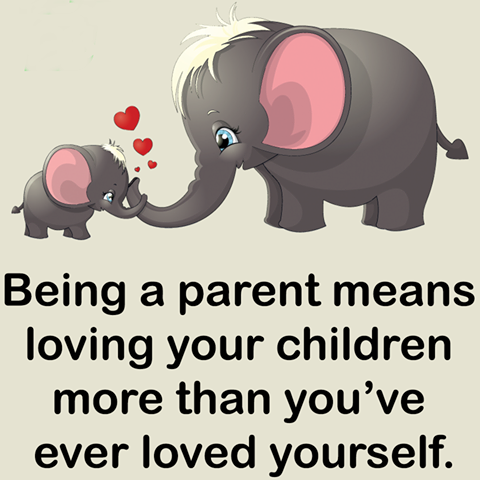 He feels crushed and defeated. And such emotions are often a greater punishment than punitive measures on the part of parents. When a child hears aggressive comments addressed to him, he begins to rebel and prove his own case. Most likely, he will no longer feel shame and will not draw conclusions.
He feels crushed and defeated. And such emotions are often a greater punishment than punitive measures on the part of parents. When a child hears aggressive comments addressed to him, he begins to rebel and prove his own case. Most likely, he will no longer feel shame and will not draw conclusions.
What does it lead to. The child begins to lie and hide the truth from his parents. His goals shift from gaining knowledge to finding tricks so as not to fall under parental depreciation. nine0003
Alternative. "Well, I'm upset! You must have tried, what went wrong?”
4. “When you turn 18, then you will decide”
What the child feels. It seems to him that he is not respected, that he will receive the right to be heard only when he comes of age. Well, since they don’t recognize him at home, then there’s no point in talking to these adults.
What does it lead to. The child gets angry, rebels, does everything to spite his parents. At the age of 18, the ability to decide and take responsibility for one's decisions does not automatically come, and he either remains infantile (sometimes for life) or gets stuck in his rebellion. nine0003
At the age of 18, the ability to decide and take responsibility for one's decisions does not automatically come, and he either remains infantile (sometimes for life) or gets stuck in his rebellion. nine0003
Alternative. “Make a decision, just let's see together what it can lead to (further we consider the options for consequences). Are you ready for this turn of events?"
Illustration: Alina.Alina / sutterstock5. “My brother was already earning money at your age…”
What a child feels. He understands that he is valued less than his brother (the son of his mother's friend). And in order to be loved, you need to show results (grades, earnings, sports achievements). The realization that your parents will only love you for your success makes you feel lonely and defenseless. nine0003
What does this lead to. A child either blindly and without stopping runs after the result - more money, more prestigious university, more beautiful girl - without experiencing either satisfaction or joy.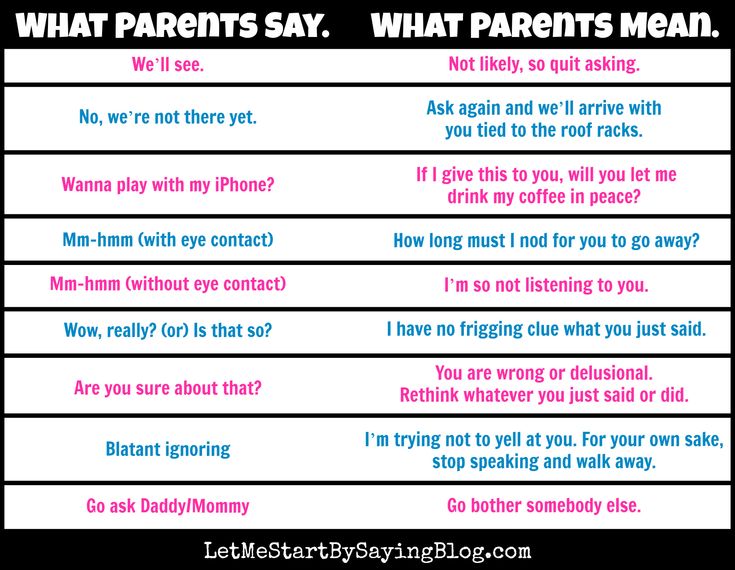 Or he stops trying altogether to justify comparisons that are not in his favor.
Or he stops trying altogether to justify comparisons that are not in his favor.
Alternative. Pointing out a shortcoming, we compare the child only with himself, but not with others. “Last year, at this time, you already entered the regional Olympiad, but this year you haven’t even showed up anywhere ... Is something wrong?” nine0003
6. “What will people say now?”
What the child feels. The child feels that for his parents the opinion of others (often complete strangers) is more important than himself. That adults are more concerned with this opinion than with his/her well-being. It's a shame when the opinion of some unfamiliar aunt determines parental love.
What does it lead to. The child tries to be comfortable and good for others, often stepping on the throat of his own song. The opinion of others becomes much more important than their own well-being and ... the well-being of loved ones (spouses, children). nine0003
Alternative.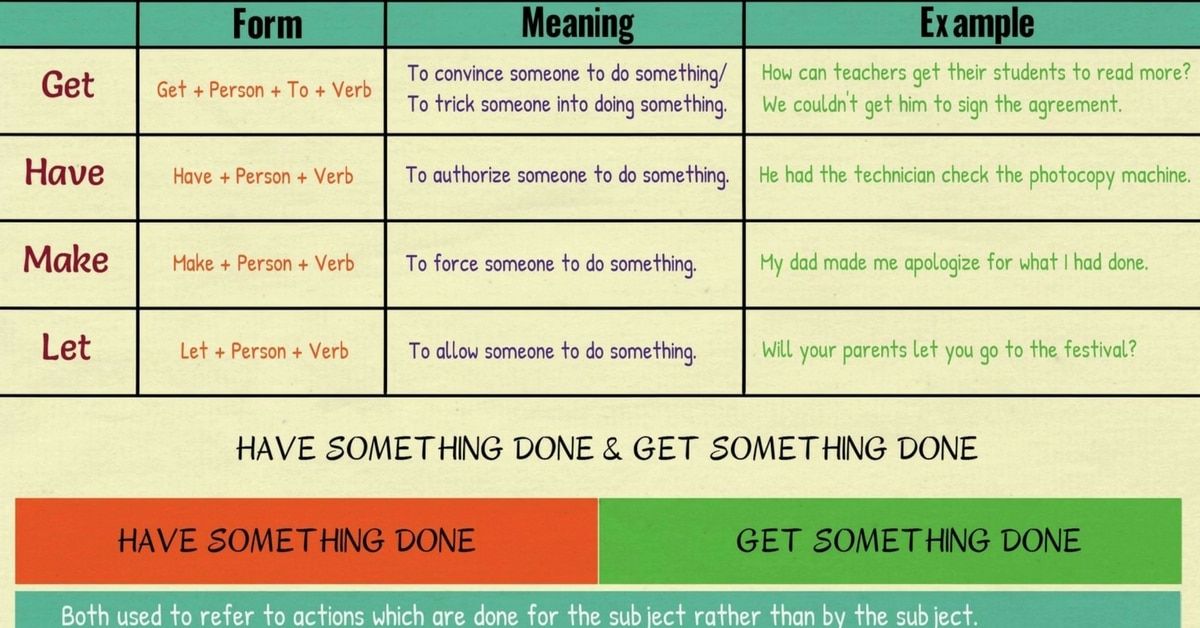 “You certainly have the right to decide for yourself how to act and with whom to be friends. Do you know why such behavior is unlikely to be approved in society?”
“You certainly have the right to decide for yourself how to act and with whom to be friends. Do you know why such behavior is unlikely to be approved in society?”
7. “Do whatever you want, just get away from me!”
What the child feels. He understands that he is not needed. Maybe even prevents mom from being happy. There is a desire to disappear completely, to dissolve, so as not to cause trouble and worries.
What does it lead to. If such reactions are the system in which the child lives, he may have suicidal thoughts. This does not mean that there is a risk of suicide: after all, the path from thought to action is long. But self-harm in this case is quite likely. In the future, there may be an obsessive need to find someone who is genuinely interested in you. The child will be willing to pay a heavy price to be close to someone who does not reject him, and this may lead to a toxic, dependent relationship. nine0003
Alternative. “Yes, the situation is difficult.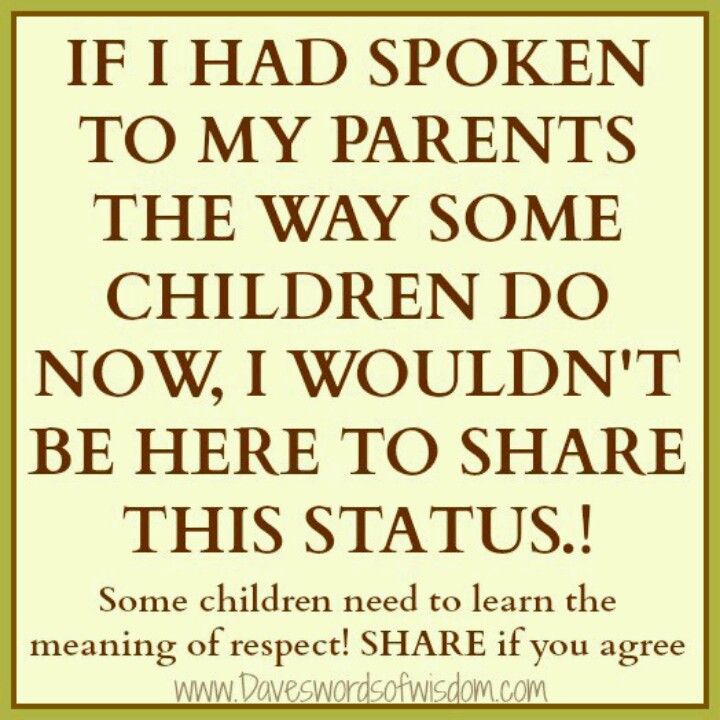 I understand that you are uncomfortable and need help. What can I do to help you make the right decision?"
I understand that you are uncomfortable and need help. What can I do to help you make the right decision?"
8. “Look at you: dressed up like a garden scarecrow!”
What the child feels. He feels that he is neither seen nor understood. Children begin their search for themselves with experiments with appearance, only then they go to the inner plane to answer the question "who am I?". Non-standard outfit, make-up - this is the first experience of going beyond the boundaries of mother's expectations. So any sharp negative towards an unusual image causes not only resentment, but also the bitterness of rejection. nine0003
What does this lead to. Someone does not overcome the threshold of experiments with appearance, all his life proving to the world his uniqueness through extravagance of style. Someone gives up and turns into a "gray mouse" not only externally, but also internally (which is much sadder).
Alternative. “Your clothes are very unusual, they suit you.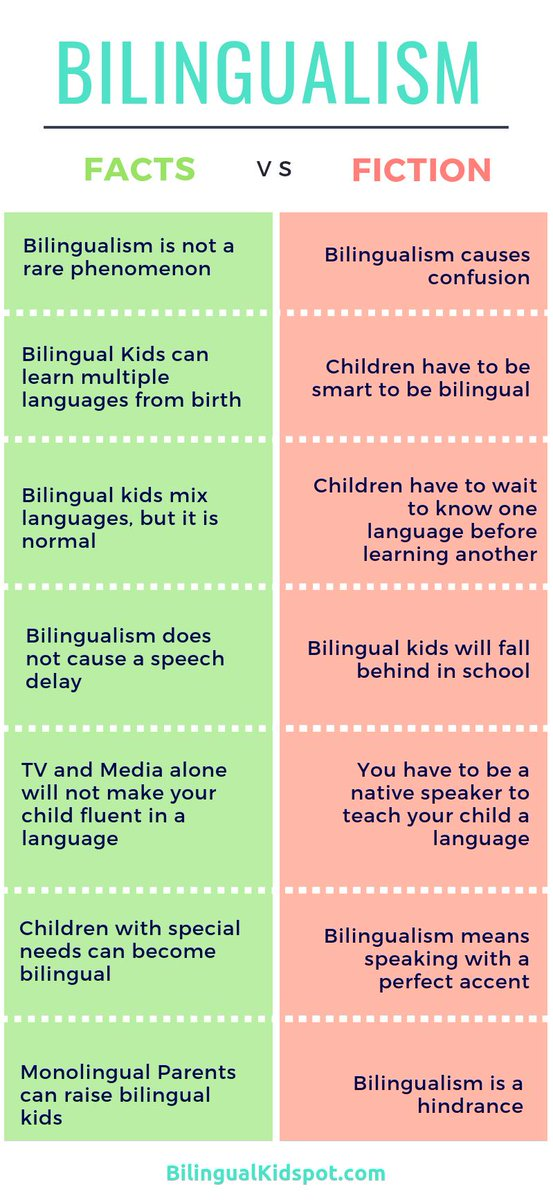 True, I don’t understand her at all, we are from different generations.”
True, I don’t understand her at all, we are from different generations.”
9. “If you become fat (pimply, stupid), nobody will need you”
How the child feels. Such manipulation causes, first of all, fear of the future. For the sake of overcoming such fear, the child, of course, will be ready for a lot. And to go on a diet at 10 years old to save a figure, and to cram hated biology in order to pass for smart.
What does it lead to. Obsession with one's appearance or academic success shifts the focus of normal personality development to external criteria. In other words, instead of looking for himself, his destiny, the child tries to fit himself into the rigid framework of parental ideas about success in the future. nine0003
Alternative. “What you are doing (eating a lot of sweets, ignoring your studies) can lead to difficulties in the future (you will have to go on a strict diet or work out extra hard). Do you really need it?"
10.
 “They laugh at you because you don't know how to communicate. Be faster!”
“They laugh at you because you don't know how to communicate. Be faster!” What the child feels. When there are no friends, but a lot of aggression from peers, it is very painful and scary. But if parents add to this aggression, instead of supporting and sympathizing, it becomes even more painful. The feeling of loneliness overwhelms me. Even at home there is no escape from him. nine0003
What does this lead to. In the future, the child (and then the adult) tries to avoid unnecessary contact with others so as not to become a victim of bullying again. Maintaining minimal contact with society, such people prefer solitude and isolation - and this does not always make them happy.
Alternative. “I understand how painful and unpleasant you are. I'm with you. What can we do together to remedy the situation?”
Epilogue
In each of these situations, a wave of indignation rises in us, parents, directed not so much at our child, but at the situation.


